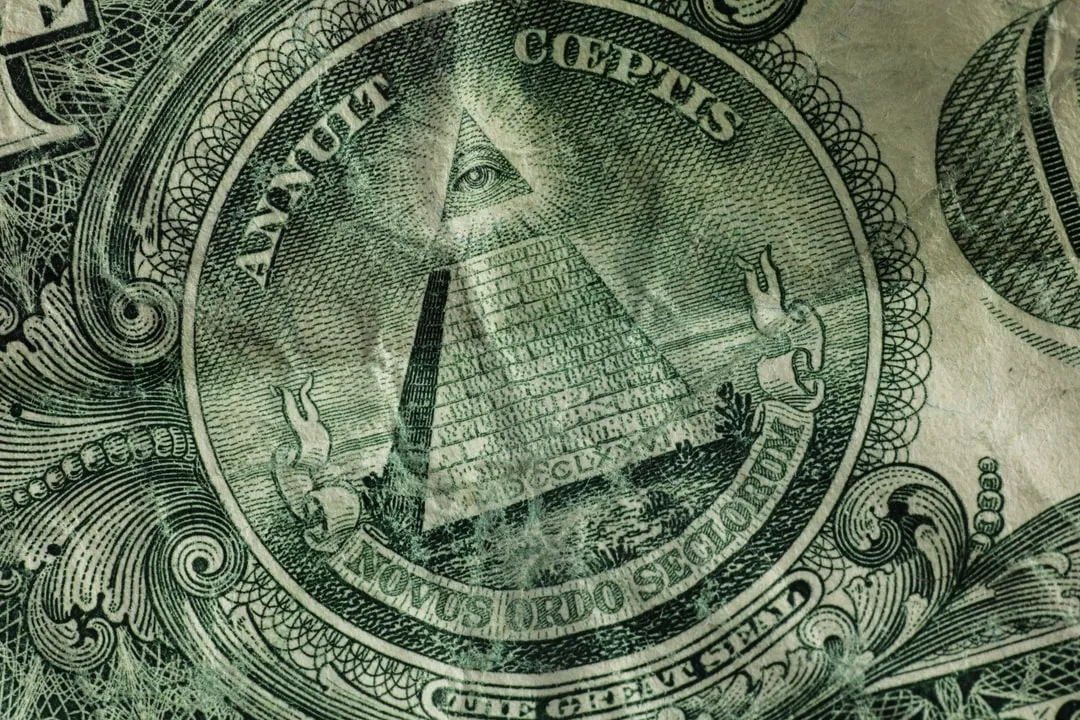“Individuals don’t matter. Systems matter.”
I’m sure you’ve heard this line before, many, many times. You’re told that your private choices are irrelevant. That the little bit of difference you can make isn’t enough to even bother with. It’s the corporations and the government that are really to blame. It’s the System.
There is, perhaps, a grain of truth in this. It’s true that the choices of a single person won’t make a difference to the global problems we all face.
However, there’s more to this picture.
Corporations and governments generally don’t just make decisions for the sake of being evil. The vast majority of the time, they’re responding to incentives. From consumers, lobbyists, and sometimes even constituents.
One of the most common tactics used to illustrate the apparent helplessness of individuals is the issue of climate change, where any call for personal initiative or responsibility is met with scorn. The corporations and the system enabling them are really the ones to blame, we’re told. And of course, this is largely true, but it’s ignoring the incentives that make corporations engage in this kind of behavior to begin with.
Corporations aren’t just polluting for fun. They’re not supervillains from the 90’s cartoon Captain Planet, cackling while pumping toxic waste into the ocean for no reason in particular. They’re creating these negative externalities as a result of supplying the products that you and I use every day, and voluntarily paying money for. They’re providing goods and services that you and I derive a great deal of convenience and value from.
If a large chunk of people who use those goods and services stopped doing so, the pollution associated with their production would naturally also decrease.
This goes beyond rhetoric about climate change, of course. Recently, there’s been a surge of people on social media insisting that people shouldn’t bother to vote, because all the potential candidates are still part of “the system” and don’t represent meaningful change. Small or incremental improvements are irrelevant, they say. They’re a smokescreen designed to keep people complacent enough to allow the present system to endure.
Needless to say, such people are often not from demographics that stand to be seriously impacted by the outcomes of elections. Not in a real material sense, at any rate.
Because the truth is that small, incremental changes build up over time, and can indeed end up changing the world for the better in very big ways. This has been demonstrated beyond a shadow of a doubt by the social progress made over the 19th, 20th, and 21st centuries. And those who say otherwise often do so under the guise of a utopian vision where anything less than perfect isn’t worth bothering with.
But, as the great Confucius noted many thousands of years ago:
“Better a diamond with a flaw than a pebble without.”
In 19th-century Britain, bright green paint was all the rage. In particular, a shade called “Sheele’s Green”. They used it for wallpaper, and even to decorate children’s toys. Unfortunately, this particular shade was derived from a toxic substance: hydrogen arsenite. Many people reported symptoms of arsenic poisoning before the source of the issue was identified in this particularly fetching shade of paint.
Yet, no laws were ever put into place to ban the use of this substance. People simply stopped buying products made with it, and companies responded by ceasing to make these products of their own volition.
Sometimes, changing the world for the better is simply deciding to stop consuming the things that you know are bad for you.
Unfortunately, not all problems are solved so easily. Not everything is as straight-forwardly bad for you as toxic chemicals in your paint, nor as easily discarded as a favored shade of green. But the principle remains the same. When enough individuals make the same choice, it becomes collective action.
So why are there people trying to convince us otherwise?
Maybe, when they say “you are irrelevant, and can’t do anything on your own”, what they mean is “give me and those who agree with me power, and I pinky promise to do it on your behalf”. Or maybe it’s a way to justify living lavish, extravagant lifestyles while preaching about the evils of “the system”. “My individual actions don’t matter, so you can’t hold me accountable for not embodying the ideals I claim to espouse.” Maybe it’s both.
Regardless of the motive, these sentiments are wrong.
Individual behavior matters, because large groups are composed of individuals. We may not be able to make the changes we want on our own, but ultimately, the only person one can control is oneself. And when we make the conscious choice to live in a certain way, we show others that it can be done. When we’re willing to put in the work for what we believe in, we demonstrate how the old “we live in a society” excuse is just that: an excuse.
We may not be able to change the world all by ourselves, but the change always starts with the choices we make.
We matter. Our voices matter. Our decisions matter. We are not just cogs in “the system”.
And together, we can make a difference, so long as we don’t allow actors with dubious motives to convince us that we’re helpless.
Join our newsletter to stay up to date on features and releases



